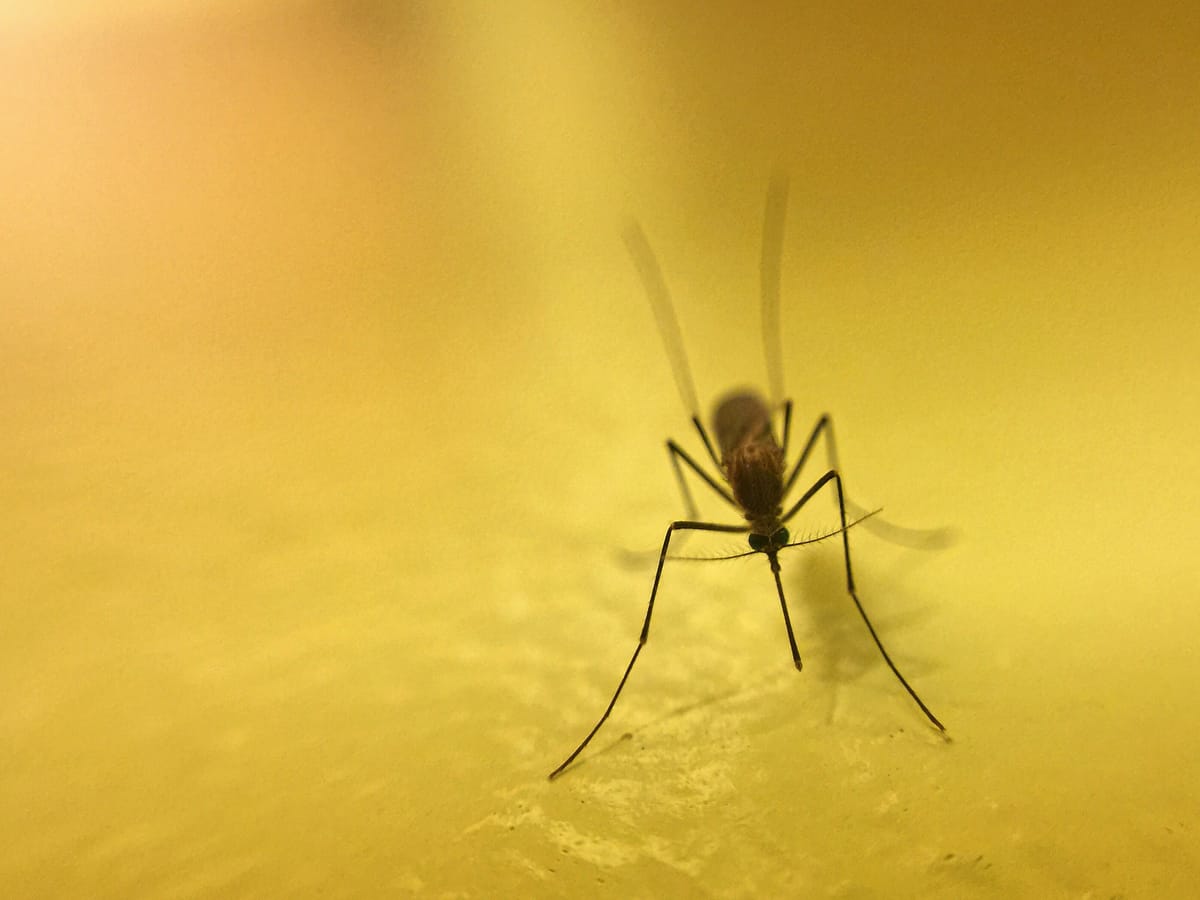This week in Science (21-10-15)
A weekly summary of interesting headlines in Science and Technology

From Imperial...
Five million children orphaned due to COVID
An international team of collaborators, including researchers from Imperial’s Department of Mathematics and School of Public Health, have found that the number of children orphaned has increased as a result of the COVID-19 pandemic. The latest estimates suggest that at least 5m children have lost one of their parents or grandparents over the course of the pandemic. India is the worst-affected country, with just under 1.9m children estimated to have been orphaned, as of 3rd October 2021. An interactive comparison can be found at the QR code.
Life expectancy declining in many English communities even before COVID-19 pandemic
A new study published in The Lancet by researchers from Imperial College London has found that many communities in England experienced a decrease in life expectancy from 2010 to 2019, after the vast majority saw growth from 2002 to 2010. Stark geographical disparities were also identified, with the lowest life expectancies in urban areas in the North of England. Professor Majid Ezzati from the School of Public Health at Imperial College London said, “For such declines to be seen in ‘normal times’ before the pandemic is alarming and signals ongoing policy failures to tackle poverty and provide adequate social support and healthcare.”
Around the world...
First Malaria vaccine approved by the WHO
Last week, the World Health Organisation (WHO) endorsed the RTS,S vaccine against Malaria and recommended its use for children in Sub-Saharan Africa where the disease is most prevalent. Development of the vaccine has been a 30-year effort costing about US$750 million, with funding mainly from GlaxoSmithKline and the Bill and Melinda Gates Foundation. The vaccine targets the parasite before it enters the bloodstream and has been observed to decrease hospitalisations caused by severe malaria by 30%. Currently no other vaccine against Malaria is as advanced in its development and approval.
DeepMind develops AI capable of accurately predicting rain
In collaboration with the Met Office, researchers from DeepMind published a paper in Nature outlining the results of an AI that can accurately predict how likely it is to rain within the next two hours. The AI uses a machine learning method known as generative modelling, based on high-resolution radar data that tracks the moisture level in the air. The tool is observed to be more accurate than existing rain prediction tools and weather forecasts, which perform well for predicting the mid-term future (1-2 weeks) but are not as accurate for predicting the near future.
Physicists measure precisely the lifetime of a free neutron
Scientists led by a group at Indiana University have made the most precise measurement of a free neutron’s lifetime so far, improving on previous measurements by twofold. Neutrons are stable inside nuclei, but outside atomic nuclei, free neutrons will decay into protons and emit electrons and neutrinos in the process. A measurement of this process could provide insight into the formation of light elements during the earliest moments of the Universe’s formation.








